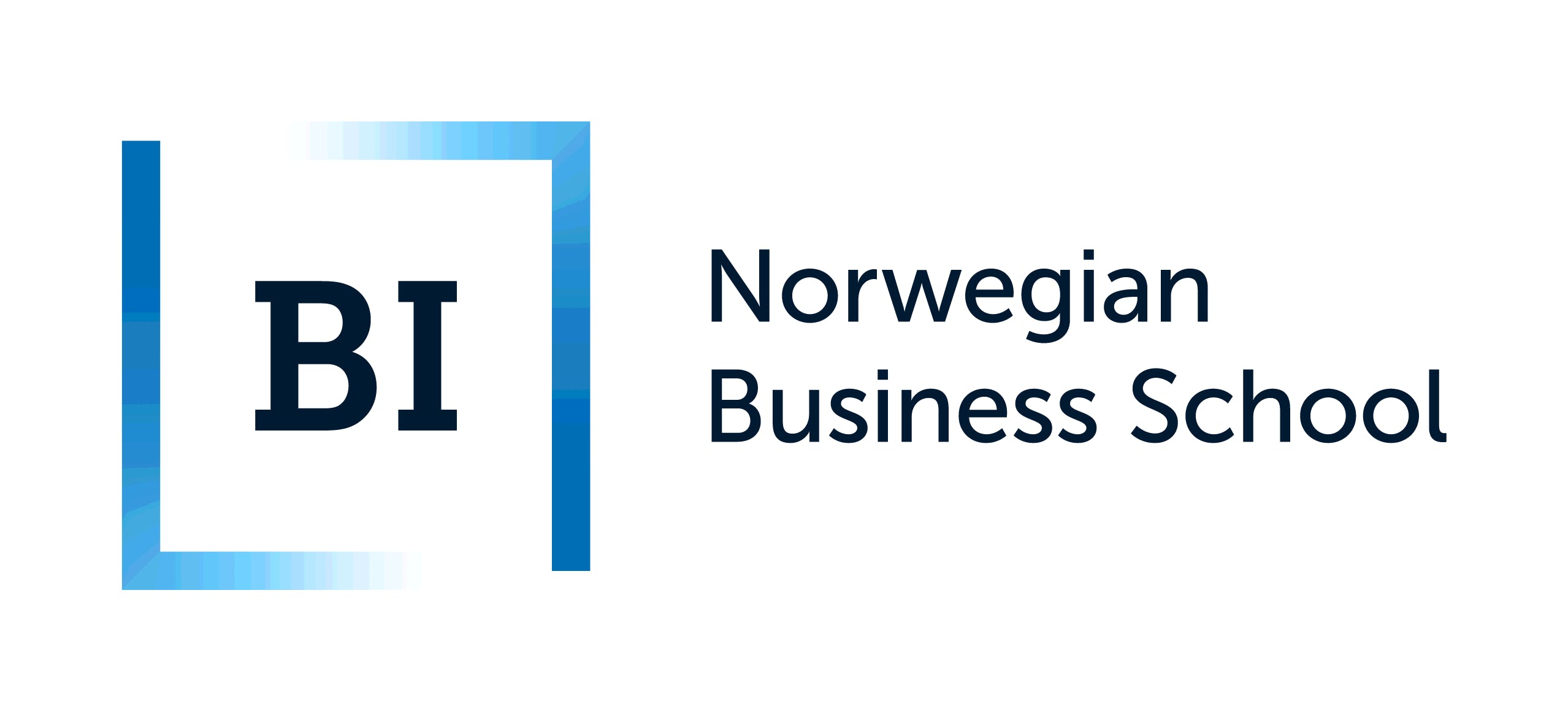Internships are a great opportunity to gain real-world experience, put your knowledge to the test, and build your network.
Plus, if you impress your colleagues, you could even turn an internship into a full-time role.
But how do you land a coveted internship, and once you’re there how do you ensure you stand out? To find out, BusinessBecause caught up with two professionals who managed to do just that.
Meagan Leber and Jose Luis Almanza juggled internships with full-time study at BI Norwegian Business School (BI). Now, they’re setting out on exciting full-time careers at the same companies.
Here’s their advice on how to get an internship—and how to turn an internship into a job offer.
Choose your internship carefully
To give yourself the best chances of landing an internship, and being successful on the job, Meagan Leber recommends applying selectively.
“Look at the organizational structure, and where they’re headed—maybe also look at where you might transition to,” she advises.

This is what she did while looking for an internship during her Master’s in Strategic Marketing Management at BI. After speaking with company representatives at a BI careers fair, she found a marketing internship at Engineers First—a consulting and recruitment company specializing in engineering.
At the time, First Engineers employed about 30 people, so Meagan knew she’d be able to make an impact from day one, and challenge herself to take a broad view of the company’s marketing efforts.
Keep a positive attitude
When it comes to securing an internship—and turning it into a full-time job—attitude matters. If you can demonstrate your excitement about joining an organization, why you want to work there, and what you can bring to the team, they’re more likely to remember you among several applicants.
On the job, too, getting involved from day one can help you integrate into the team long-term.
“Be super eager while you’re there,” says Meagan. “Don’t say yes to everything, but really try to get to know the people at the company—don’t just stay in your department.”
During her internship, this meant getting involved with after work activities and coffee chats. She adds that becoming familiar with the local language and culture is also important, especially if you’re working internationally.
“It’s definitely quite a challenge, but it’s really fun,” Meagan concludes.
For her part, it worked. She joined Engineers First as a marketing specialist shortly after graduating from BI.
Ask questions
Completing an internship is a great learning experience, so make sure you ask plenty of questions.
In the application stage, asking intelligent questions about the company’s future and the scope of the role will let them know you’re well informed and interested. During the internship, asking questions demonstrates engagement, and helps you gather the knowledge you’ll need to be successful.
“Don’t be afraid of not knowing things,” advises Jose Luis Almanza, who’s completing a Master’s in Entrepreneurship and Innovation at BI.
Alongside the program, he’s been juggling an internship as a scout for global early-stage venture capital firm, Antler. In such a fast-paced environment, being able to learn quickly is important.
“When you come into a new internship, it’s easy to think if you don’t know something they’ll think you’re not good enough—but it’s actually worse not to ask questions,” he says.
“Instead of doing hours of research, you can just ask a colleague who has lots of experience.”
Build relationships
Knowing how to build relationships will serve you well during any internship, by helping you better understand the organization—and make a name for yourself.
Asking his colleagues at Antler questions helped Jose Luis kick-start this relationship-building process. He was also able to connect with former Antler founders, who often acted as guest speakers.
This open approach worked for Jose Luis. Today, he’s transitioning to a permanent role supporting Antler portfolio companies in several ways as they continue their journey after investment.
“I enjoy being a jack of all trades and working across different industries—I don’t feel like I’m working,” he says.
Meagan agrees that forging relationships during your internship is crucial.
“Make yourself invaluable to the organization, not only with your skills, but also with your personality,” Meagan adds.
Finding an internship can be tricky, but if you choose a company that’s a good fit for you, ask plenty of questions, and put in the effort to build relationships with your colleagues, you stand a good chance of securing a permanent position.








